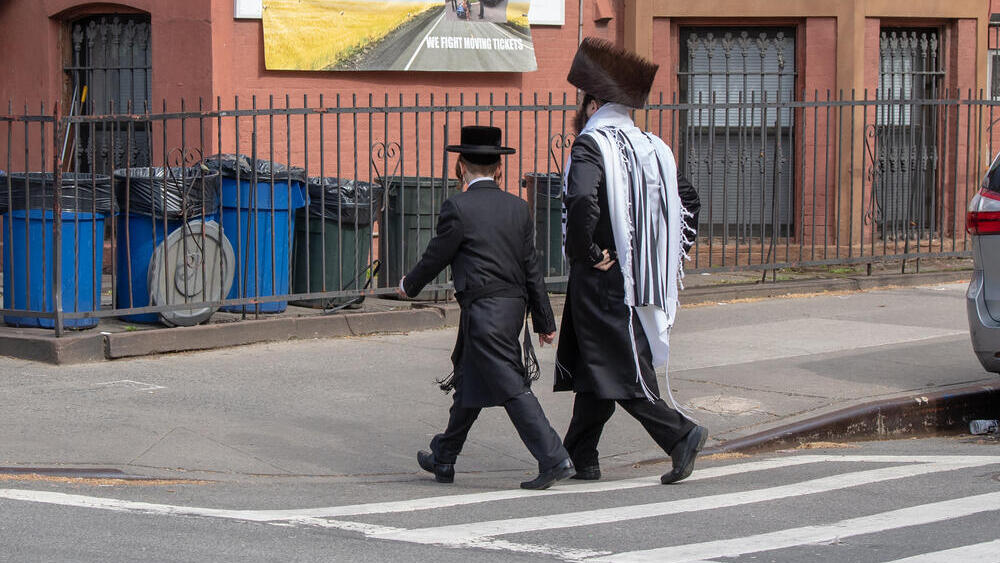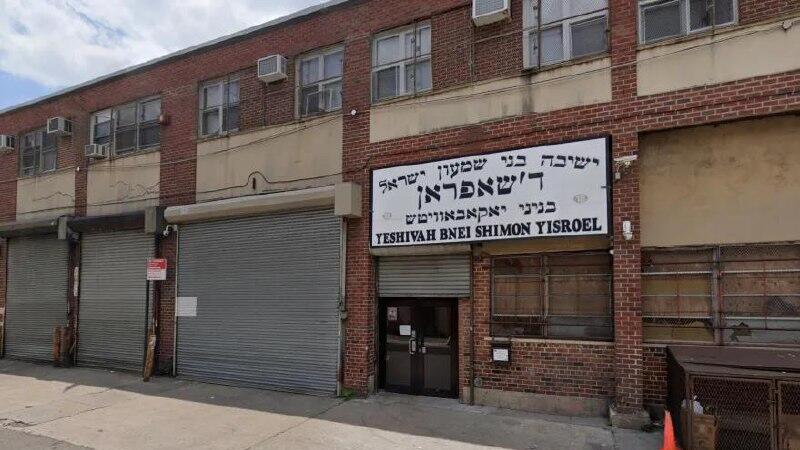The state education department announced that Yeshiva Bnei Shimon Yisroel and Talmud Torah of Kasho, both in Williamsburg, will lose subsidies for meals, transportation, textbooks, and other services starting June 30. The two schools, which serve more than 1,000 students, have been accused of failing to provide a curriculum “substantially equivalent” to that of public schools, as required by state law.
The decision marks an unprecedented move in the state’s long-running battle over Hasidic education. A 2022 New York Times investigation found that at least 18 publicly funded yeshivas failed to meet educational standards, leaving students unprepared for life outside their religious communities. While most of those schools agreed to work with state officials to improve their curricula, the two Williamsburg yeshivas refused to comply, leading to enforcement action.
The schools deny any wrongdoing, and Hasidic leaders argue the decision infringes on parents’ rights to choose religious education. “The yeshiva system provides a rigorous education, no less demanding than public schools,” community leaders said in a statement.
Get the Ynetnews app on your smartphone: Google Play: https://bit.ly/4eJ37pE | Apple App Store: https://bit.ly/3ZL7iNv
Education reform advocates, however, welcomed the move. “This is a necessary and long-overdue step to ensure that all students receive a basic education,” said one advocacy group.
The controversy has also become a political flashpoint ahead of New York City's mayoral election in June. Mayor Eric Adams, who has previously defended yeshivas, faces pressure from both supporters and critics of religious schooling. “Yeshivas provide a high-quality education that nurtures our children, and other schools should learn from them,” Adams said in response to the 2022 Times report. His challenger, City Comptroller Brad Lander, has taken a firmer stance, stating that all schools—religious or not—must meet state education standards.
Meanwhile, a legal battle is underway. Parents for Educational and Religious Liberty in Schools (PEARLS), a group advocating for yeshiva autonomy, has challenged the state’s authority in court. While an appeals court recently ruled in favor of state enforcement, New York’s highest court is set to decide whether officials can force parents to withdraw children from noncompliant schools.
In a separate case, PEARLS filed a discrimination complaint last month against state and city education agencies, alleging that regulations unfairly target religious schools. The complaint claims new mandates on curriculum and teacher hiring threaten the yeshivas’ Jewish identity.




